Citrix: Digital generation to force IT laggards to catch up
Citrix says IT departments that don't embrace corporate and consumer IT convergence will die.
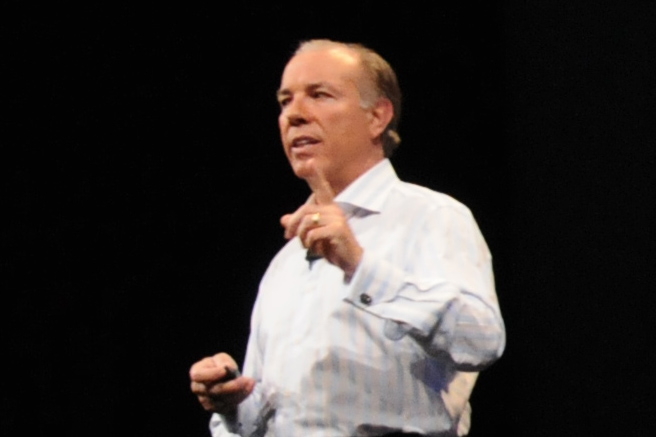
Citrix has successfully put itself right in the middle of the IT virtualisation battleground with its desktop, server and mobile apps delivery products, but still thinks many IT departments aren't moving quick enough to meet their employees' needs.
The fact that around 4,600 delegates from IT shops and partners are in attendance in San Francisco for the firm's big Synergy user event is testament to the fact that Citrix is making good progress in delivering apps to anywhere staff need and demand them.
But its main goal, to make sure that the dividing wall between corporate IT and consumer IT is pulled down completely, is still very much an aspiration.
Citrix says staff working from home, on the road, part-time and often with their own equipment, should be allowed to access any apps they choose to get the job done. It says they should be able to access online apps stores, load their own software that can be used to run both their personal and working lives, and use it on any device they like.
Citrix chief executive Mark Templeton told IT PRO: "Those that oppose the combination of corporate IT and consumer IT will meet their maker. The digital generation will also force along those laggards who are thinking about it but not moving quick enough."
"We are being completely unambiguous about what we think will happen and what is needed," Templeton said.
As well as marketing its user conferences as Synergy events - changing them from the established but rather undynamic iForum branding to emphasise this corporate/consumer convergence - Citrix is putting its new products where its mouth is.
Get the ITPro daily newsletter
Sign up today and you will receive a free copy of our Future Focus 2025 report - the leading guidance on AI, cybersecurity and other IT challenges as per 700+ senior executives
XenClient
Citrix is making it easier for firms to deliver secure and faster applications and data to remote laptop workers with the launch of Citrix XenClient.
Citrix said XenClient had been launched to address analyst estimates which show 72 per cent of corporate endpoints will be laptops by 2014.
The product is integrated with Intel processor virtualisation technologies, which also reduce the amount of battery power needed by a laptop to handle this type of working when it isn't connected to a wall socket.
The XenClient technology allows IT administrators to deliver to their users full-time data back-up and data synchronisation, using remote policy data management controls. If the laptop is lost or stolen, administrators can also "kill" the application and block access to the corporate data.
XenClient can also support more than one virtual desktop on the same laptop, meaning firms can split corporate documents and apps from consumer-based apps and private data accessed by the user on the laptop.
Templeton said: "Corporate laptops are the last mile in extending the full benefits of desktop virtualisation to all users in the enterprise."
-
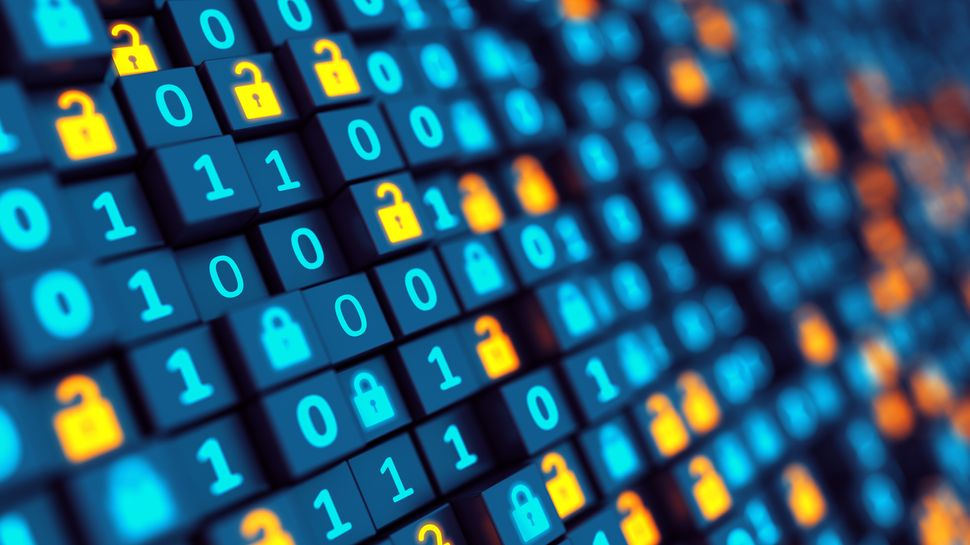 Citrix Bleed an “early Christmas present” for hackers as flaw claims latest victim
Citrix Bleed an “early Christmas present” for hackers as flaw claims latest victimNews Xfinity is the latest firm to fall victim to the Citrix Bleed vulnerability
By George Fitzmaurice
-
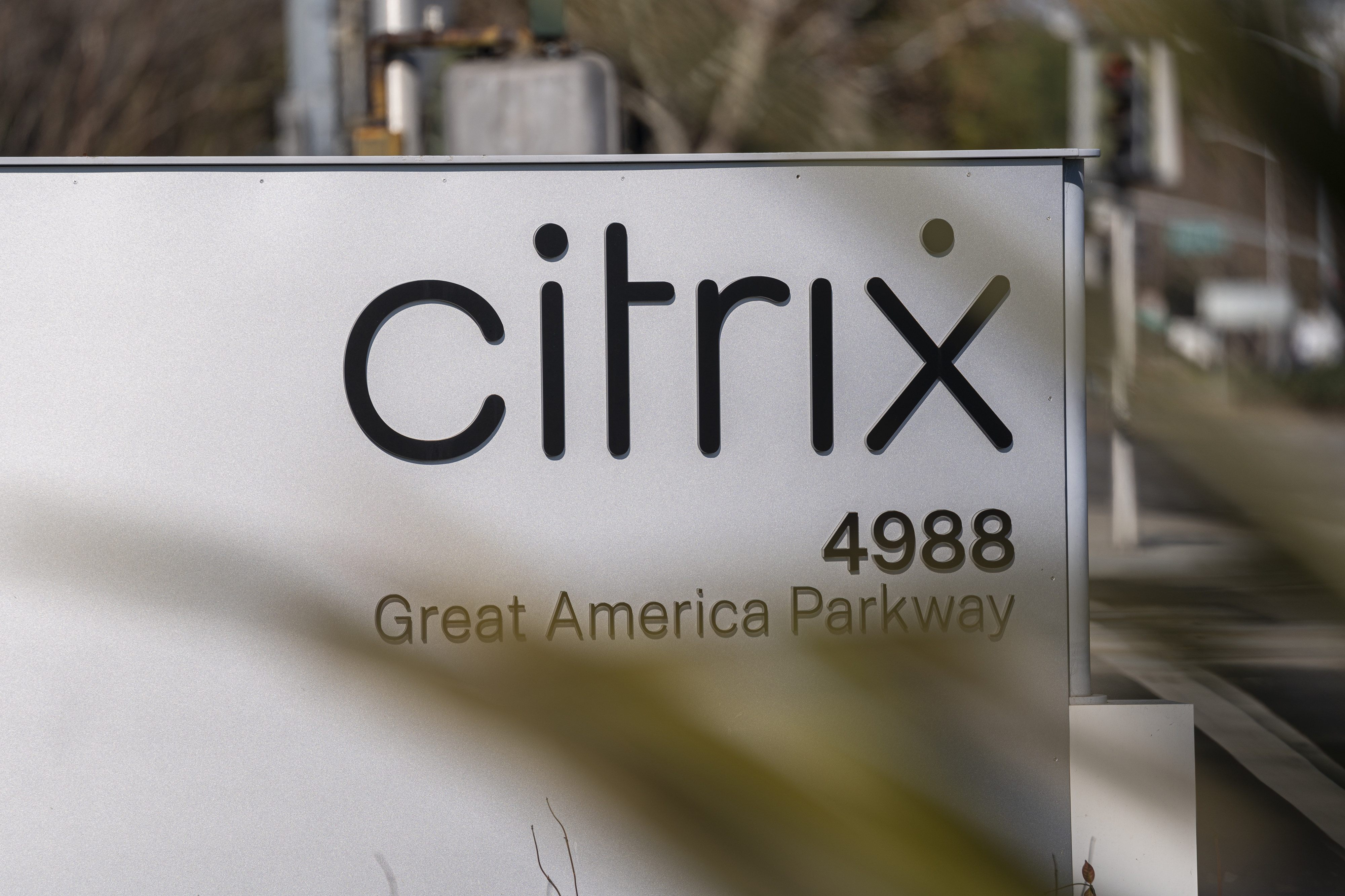 Citrix Bleed remains out of control with thousands of appliances still vulnerable
Citrix Bleed remains out of control with thousands of appliances still vulnerableNews Thousands of organizations at risk of Citrix Bleed have still not patched, analysis suggests
By Ross Kelly
-
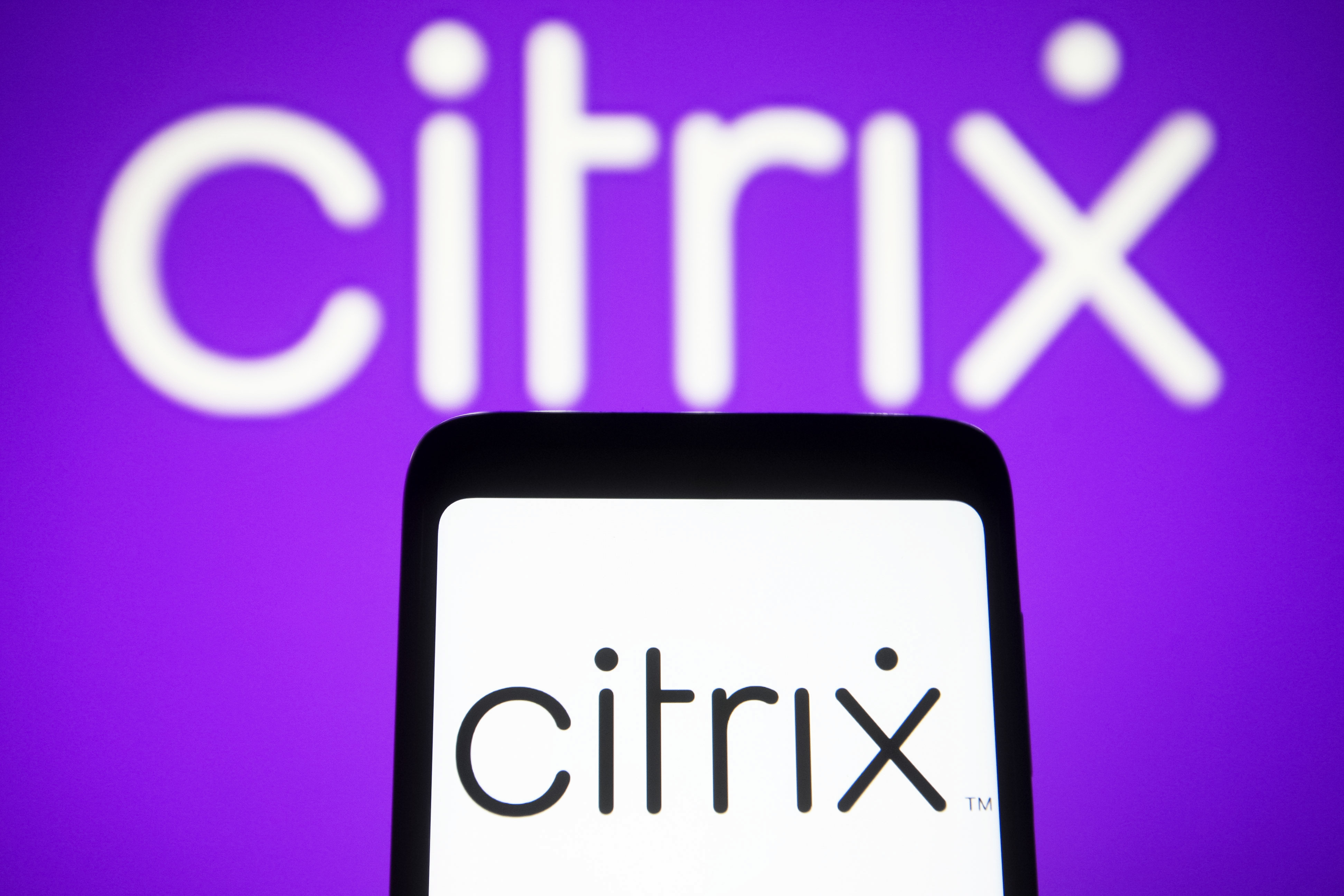 What is Citrix Bleed and should you be worried?
What is Citrix Bleed and should you be worried?News A critical buffer over-read can expose sensitive information in affected devices
By Rory Bathgate
-
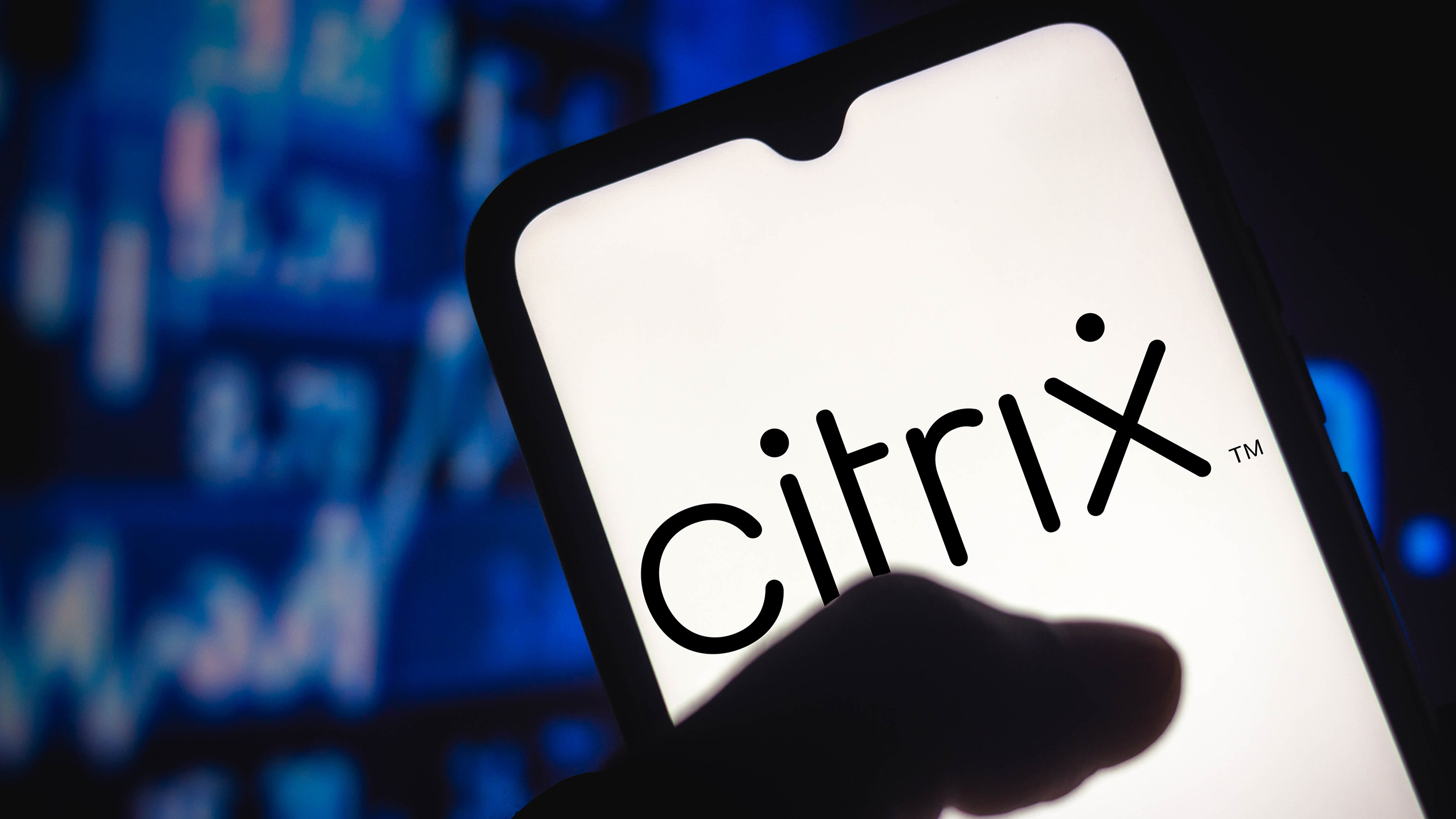 Patch-resistant autonomous exploits of Citrix NetScaler hardware hit thousands in Europe
Patch-resistant autonomous exploits of Citrix NetScaler hardware hit thousands in EuropeNews More than 1,800 Citrix NetScaler devices still contained backdoors at the time of publication
By Rory Bathgate
-
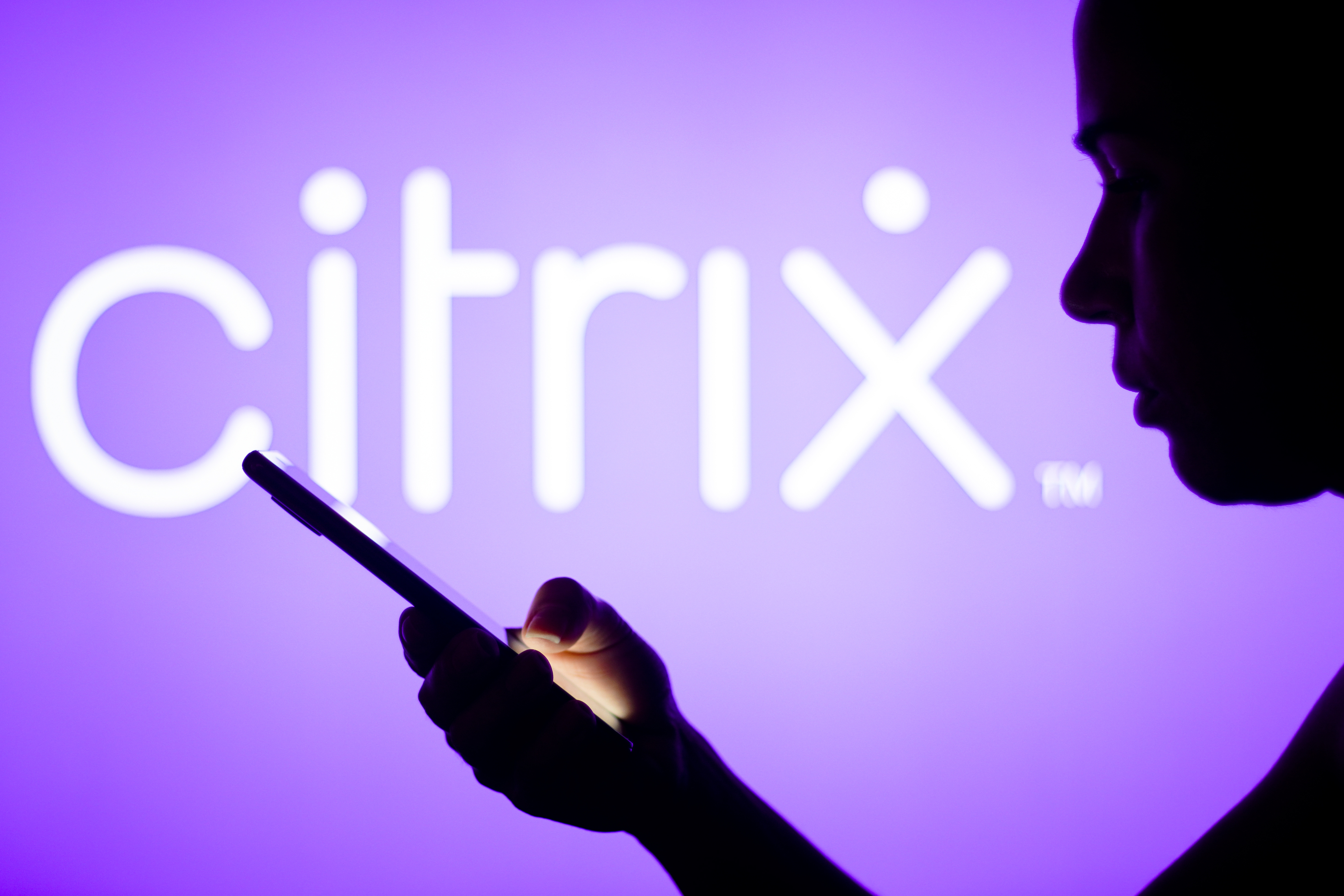 Citrix discloses critical NetScaler Gateway vulnerability
Citrix discloses critical NetScaler Gateway vulnerabilityNews Users of affected products have been urged to implement patches immediately to mitigate risk
By Ross Kelly
-
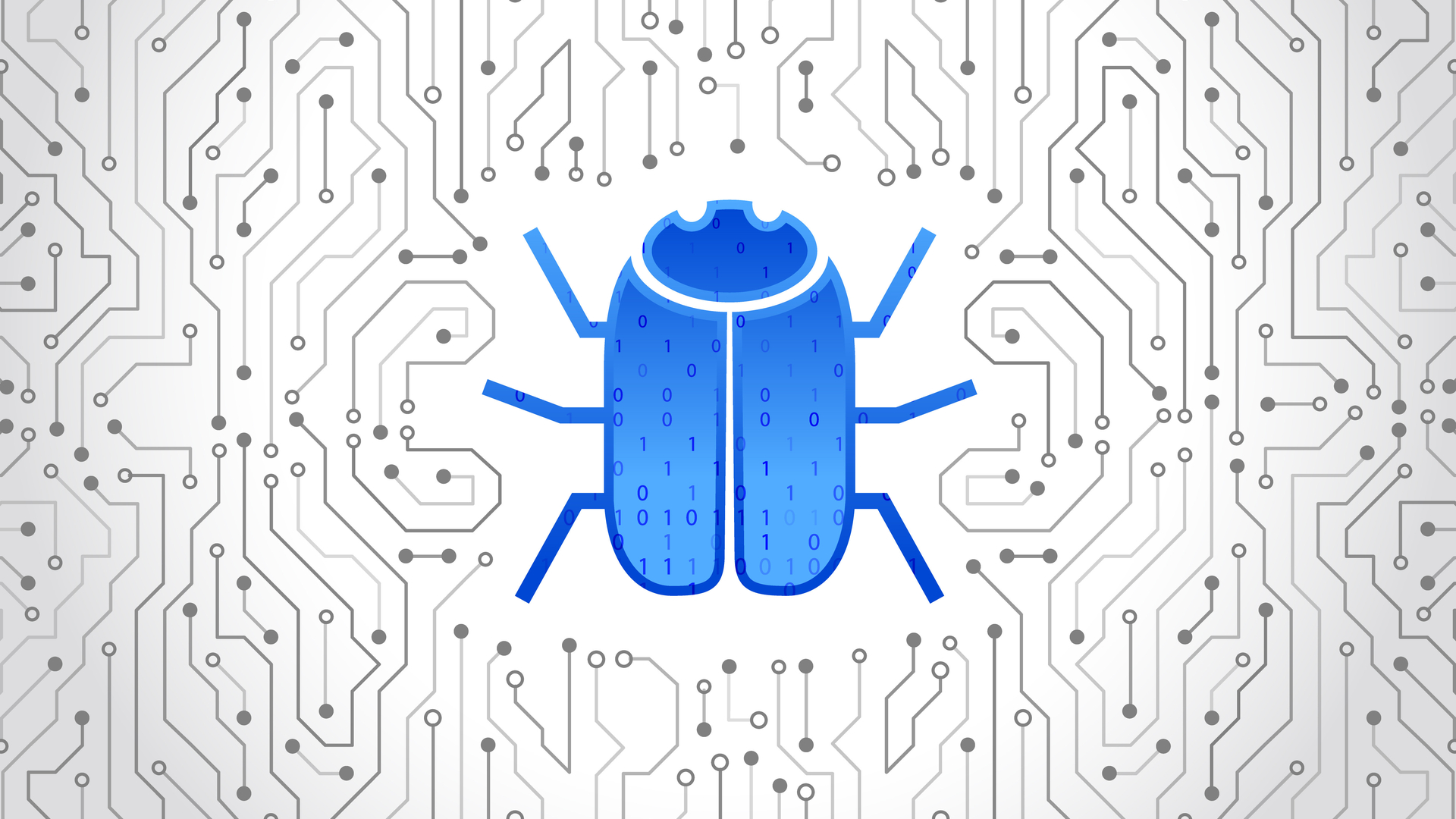 Citrix patches XenMobile vulnerability
Citrix patches XenMobile vulnerabilityNews Positive Technologies spots serious flaw in Citrix XenMobile
By Nicole Kobie
-
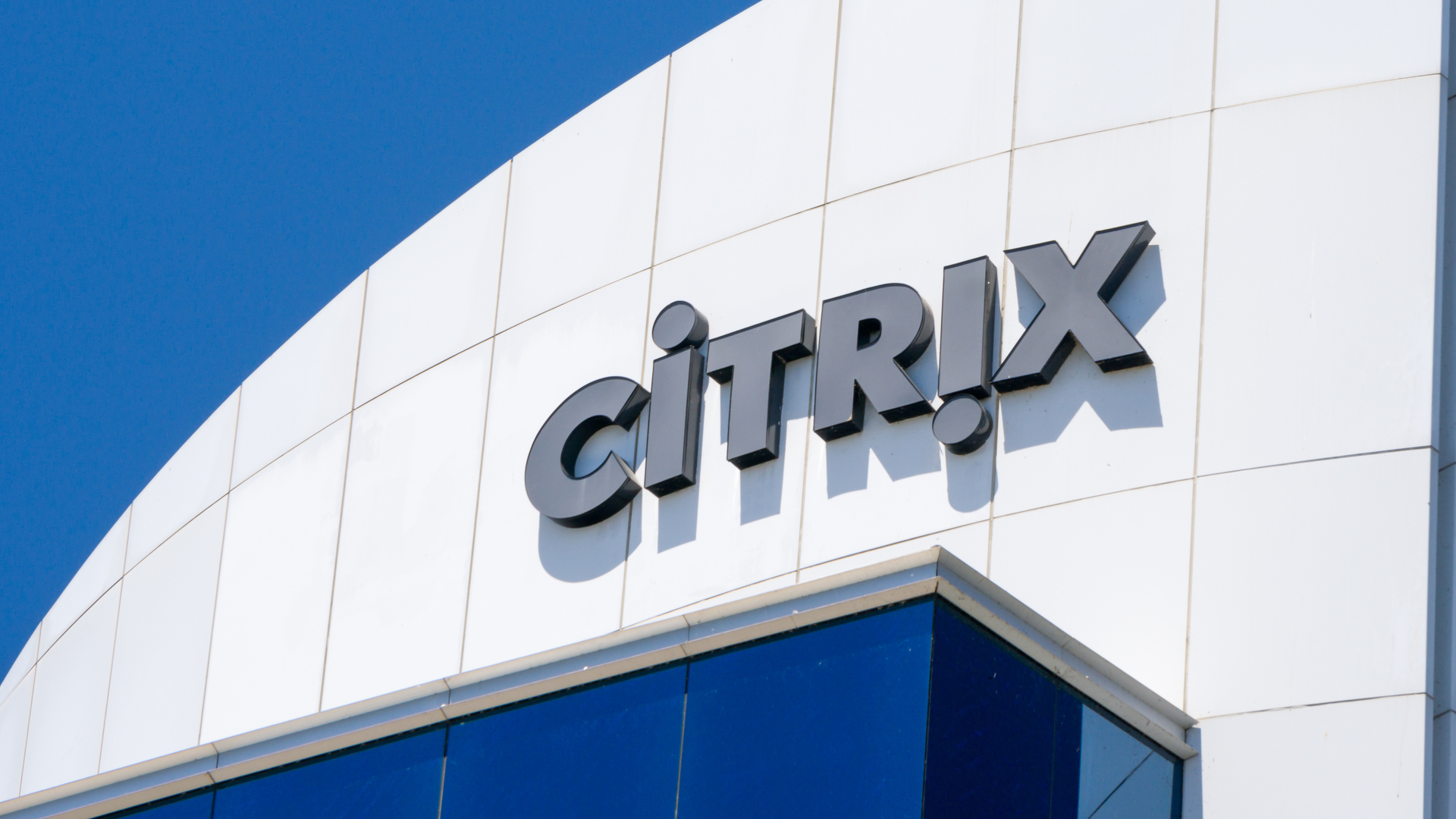 Hackers are taking advantage of Citrix vulnerabilities
Hackers are taking advantage of Citrix vulnerabilitiesNews Hackers discovered targeting corporate networks impacted by Citrix vulnerabilities
By Sarah Brennan
-
 Citrix Synergy 2019: One year on GDPR is shaping the role of privacy in brand survival
Citrix Synergy 2019: One year on GDPR is shaping the role of privacy in brand survivalIn-depth Despite big fines levied, Citrix’s privacy chief says we still don’t have a sense of what enforcement will look like
By Keumars Afifi-Sabet

